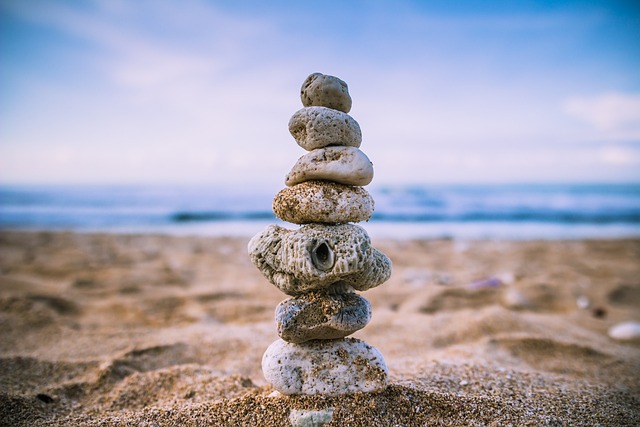As a responsible pet owner, providing your furry friend with a balanced diet is essential for their overall health and wellbeing. Just like humans, dogs and cats have unique nutritional needs that must be met through a well-rounded diet. A balanced diet can help prevent chronic diseases, support healthy growth and development, and even improve their mental health. In this article, we’ll delve into the importance of balanced nutrition for dogs and cats, exploring the key nutrients they require, how to ensure they’re getting enough, and what to look out for in terms of common dietary mistakes.
For more information on creating homemade pet treats that your furry friend will love, check out our guide at https://furhavenworld.com/homemade-pet-treats-recipes-and-tips/.
Dogs are omnivores, meaning they can thrive on a diet that includes both animal-based and plant-based ingredients. They require a balanced mix of protein, fat, carbohydrates, vitamins, and minerals to stay healthy. Here are some key nutrients dogs need:
* Protein: 18-25% of daily calories
* Fat: 10-20% of daily calories
* Carbohydrates: 40-60% of daily calories
* Fiber: 2-4% of daily calories
* Vitamin D: essential for bone health and immune function
* Omega-3 fatty acids: support skin, coat, and joint health
Cats, on the other hand, are obligate carnivores, meaning they require a diet rich in animal-based protein to survive. They have specific nutritional needs that must be met through their food. Here are some key nutrients cats need:
* Protein: 30-40% of daily calories
* Fat: 20-30% of daily calories
* Carbohydrates: 0-5% of daily calories
* Vitamin A: essential for vision, immune function, and skin health
* Taurine: an amino acid that supports heart health
Just like humans, dogs and cats are prone to dietary mistakes that can have serious consequences. Here are some common mistakes to watch out for:
* Overfeeding or underfeeding: ensure you’re feeding the right amount of food for your pet’s size and activity level
* Poor quality ingredients: choose foods with named protein sources (e.g., chicken, salmon) and whole grains instead of fillers
* Lack of essential nutrients: make sure your pet’s food contains all the necessary vitamins and minerals
* Allergies or sensitivities: monitor your pet’s reaction to new foods or treats and adjust accordingly
So, how can you ensure your dog or cat is getting a balanced diet? Here are some steps to follow:
1. Consult with your veterinarian: they can help you determine the best diet for your pet based on their age, health, and lifestyle.
2. Choose high-quality food: look for foods that contain named protein sources, whole grains, and essential nutrients.
3. Consider homemade diets: cooking a balanced diet at home can be a great way to ensure your pet is getting exactly what they need.
4. Monitor your pet’s health: keep an eye out for signs of dietary mistakes or allergies and adjust their diet accordingly.
Let’s look at some common dietary mistakes that pet owners make:
* Feeding too much table scraps, which can lead to weight gain and digestive issues
* Giving too many treats, which can cause obesity and dental problems
* Not rotating protein sources, which can lead to allergies or sensitivities
By being mindful of these common mistakes, you can help prevent them and ensure your dog or cat is getting a balanced diet.
In conclusion, providing a balanced diet for your dog or cat is crucial for their overall health and wellbeing. By following the key points outlined in this article, including choosing high-quality food, considering homemade diets, and monitoring your pet’s health, you can help ensure they’re getting exactly what they need.
Remember, every dog and cat is different, so it may take some trial and error to find the right diet for your furry friend. But with patience, persistence, and the right guidance, you can help your pet thrive.
Nutrition for Dogs
Balanced Diet for Cats
Homemade Pet Food
Pet Nutrition Tips
Dietary Mistakes in Pets

